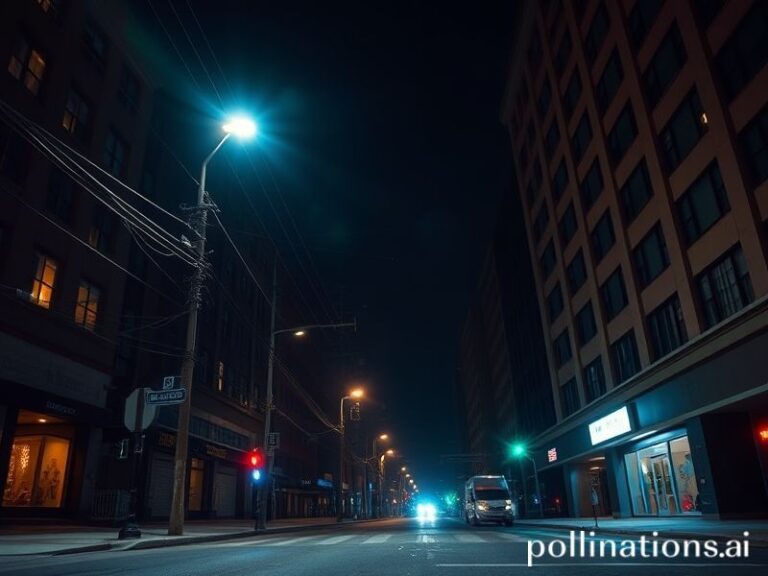The Great Brain Drain: Why the World’s Rewriting Its Report Cards
# **The Great Brain Drain: Why the World’s Rewriting Its Report Cards**
In a world where TikTok dances and memes evolve faster than we can say “algorithm,” it’s no surprise that even the dusty old textbooks are getting a glow-up. Education curriculum reviews are trending globally, and it’s not just because teachers finally realized that “because I said so” isn’t a valid lesson plan. From Finland’s radical shift to phenomenon-based learning to the U.S. grappling with what to teach about its own history, the world is collectively asking: *What the heck are we teaching our kids, and why does it feel like we’re still using a flip phone in a 5G world?*
## **Why Now? The Cultural Context**
Let’s rewind to the pre-pandemic days, when the biggest debate in education was whether students should be allowed to use calculators or not. Then, COVID-19 hit, and suddenly, Zoom became the new chalkboard. The pandemic didn’t just disrupt learning—it exposed the cracks in education systems worldwide. Parents became accidental homeschoolers, students became accidental tech support, and teachers became accidental therapists. The world realized that maybe, just maybe, the way we’ve been doing things for the past century isn’t cutting it anymore.
Enter the digital age, where information is as abundant as cat videos on YouTube. Kids today have access to more knowledge than ever before, yet they’re still being taught from textbooks that treat the internet as a mysterious, uncharted territory. Meanwhile, the job market is evolving faster than a Pokémon in a gym battle. The skills needed to thrive in today’s world—critical thinking, digital literacy, adaptability—aren’t always reflected in traditional curricula. So, it’s no wonder governments and educators are scrambling to update the syllabus.
## **Social Impact: More Than Just Memes and Minecraft**
The push for curriculum reviews isn’t just about keeping up with the times—it’s about equity, representation, and preparing students for a world that’s more interconnected than ever. For example, the Black Lives Matter movement has sparked a global conversation about what history gets taught in schools. Should students learn about the transatlantic slave trade, or is that too “controversial”? Should they study the contributions of marginalized groups, or is that “too political”? The answers to these questions have real-world implications, shaping how future generations understand justice, identity, and their place in the world.
Then there’s the issue of mental health. Burnout isn’t just for adults anymore—students are feeling the pressure too. Curriculum reviews are increasingly focusing on social-emotional learning (SEL), teaching kids how to manage stress, build resilience, and navigate relationships. Because let’s face it, no one wants to grow up to be a meme about “adulting fails.”
## **The Big Picture: Why This Matters**
At its core, the trend of curriculum reviews is about more than just tweaking lesson plans—it’s about reimagining what education should look like in the 21st century. It’s about ensuring that every student, regardless of background, has access to a curriculum that prepares them for the challenges and opportunities of tomorrow.
So, whether you’re a student, a teacher, a parent, or just someone who enjoys a good debate about whether “LOL” should be added to the dictionary, the education revolution is something to watch. Because if there’s one thing the internet has taught us, it’s that change is inevitable—and sometimes, it’s for the better.
—







